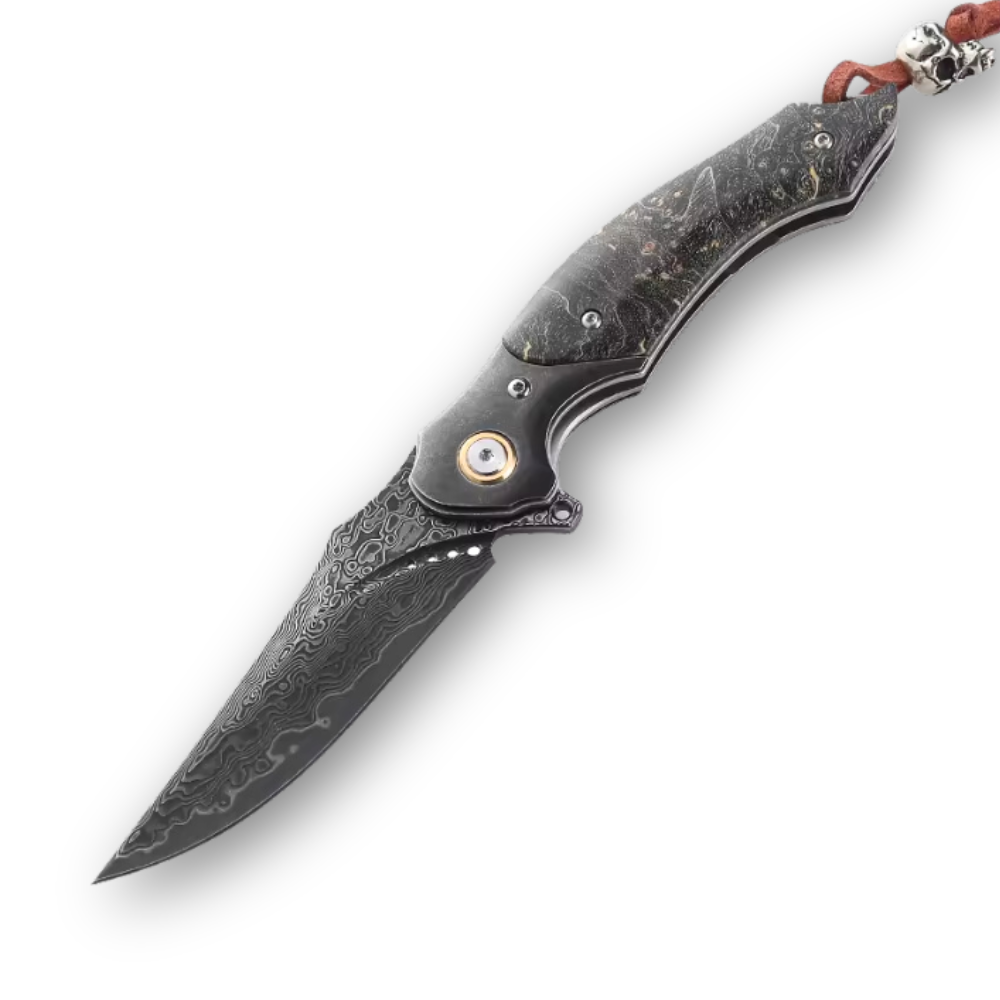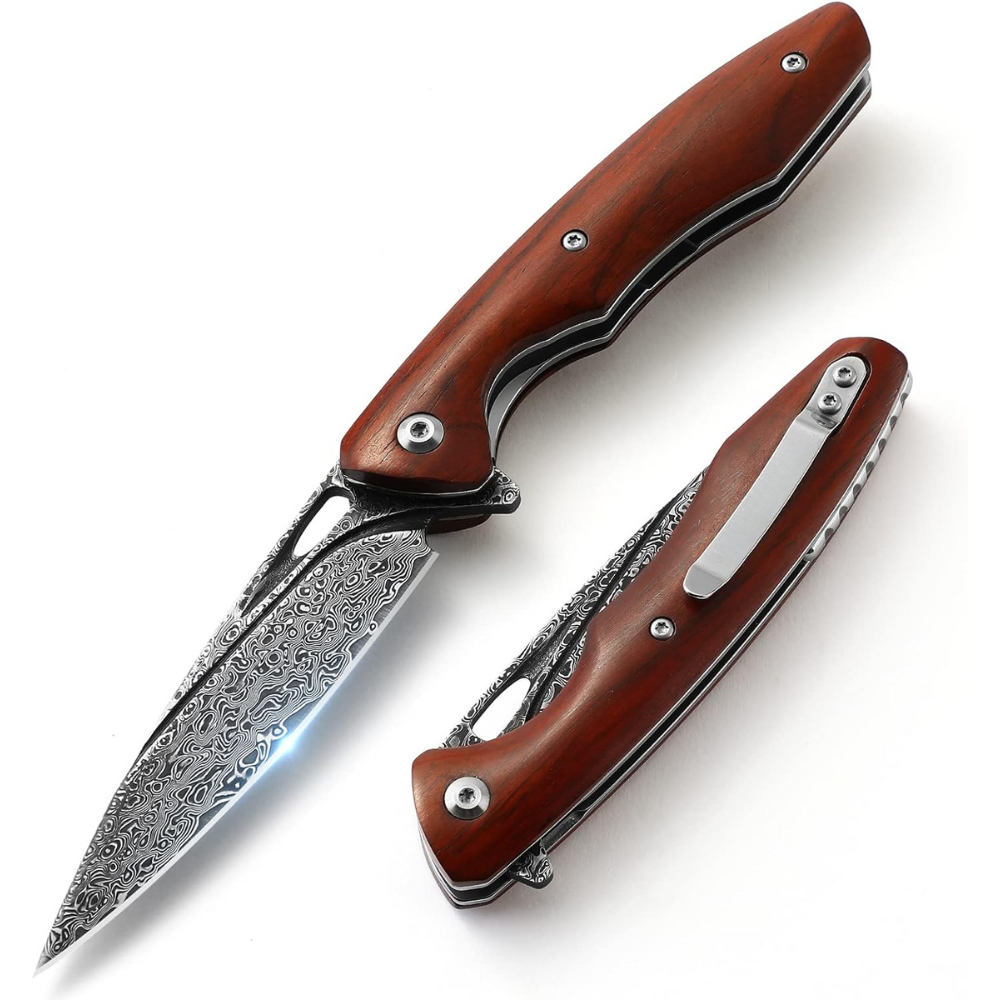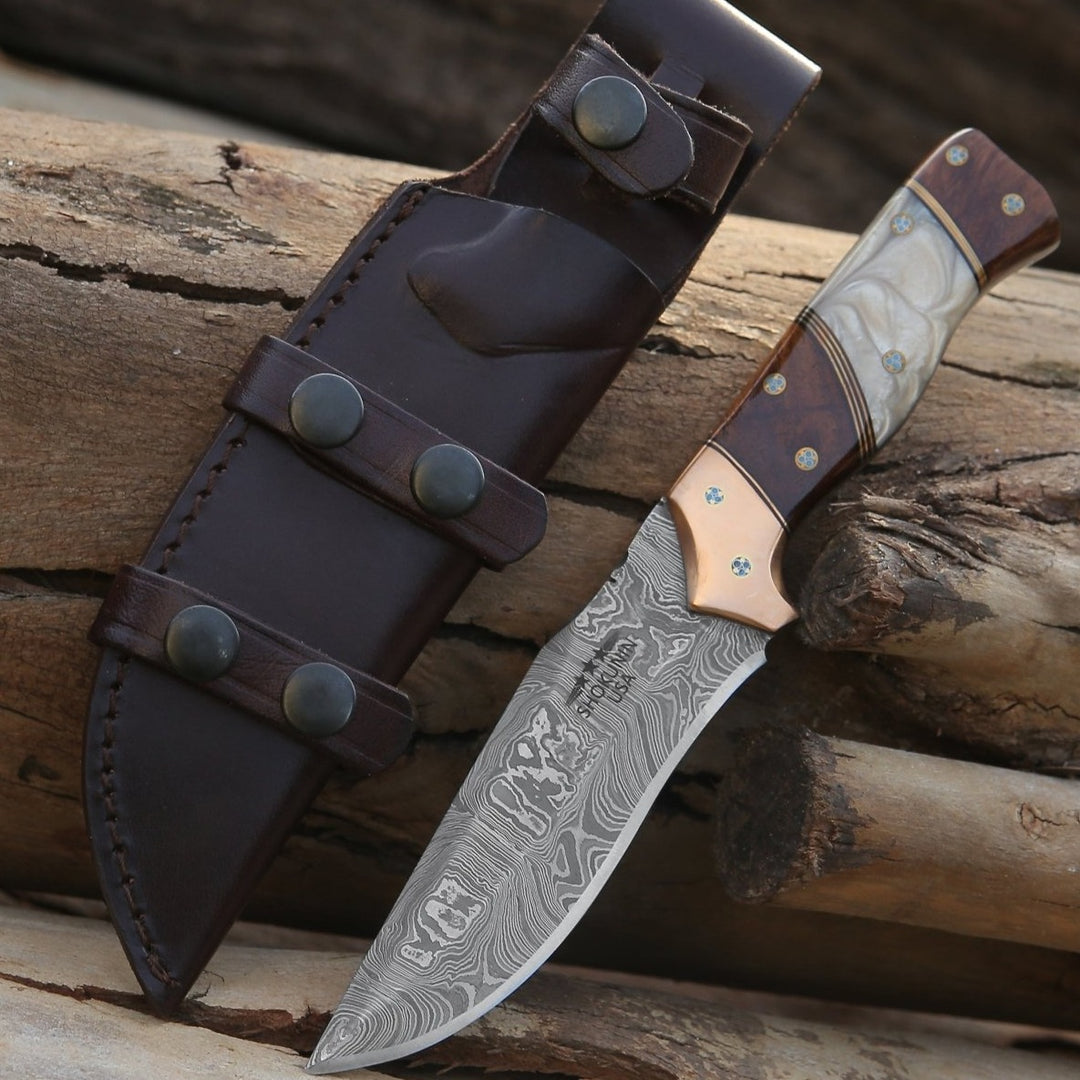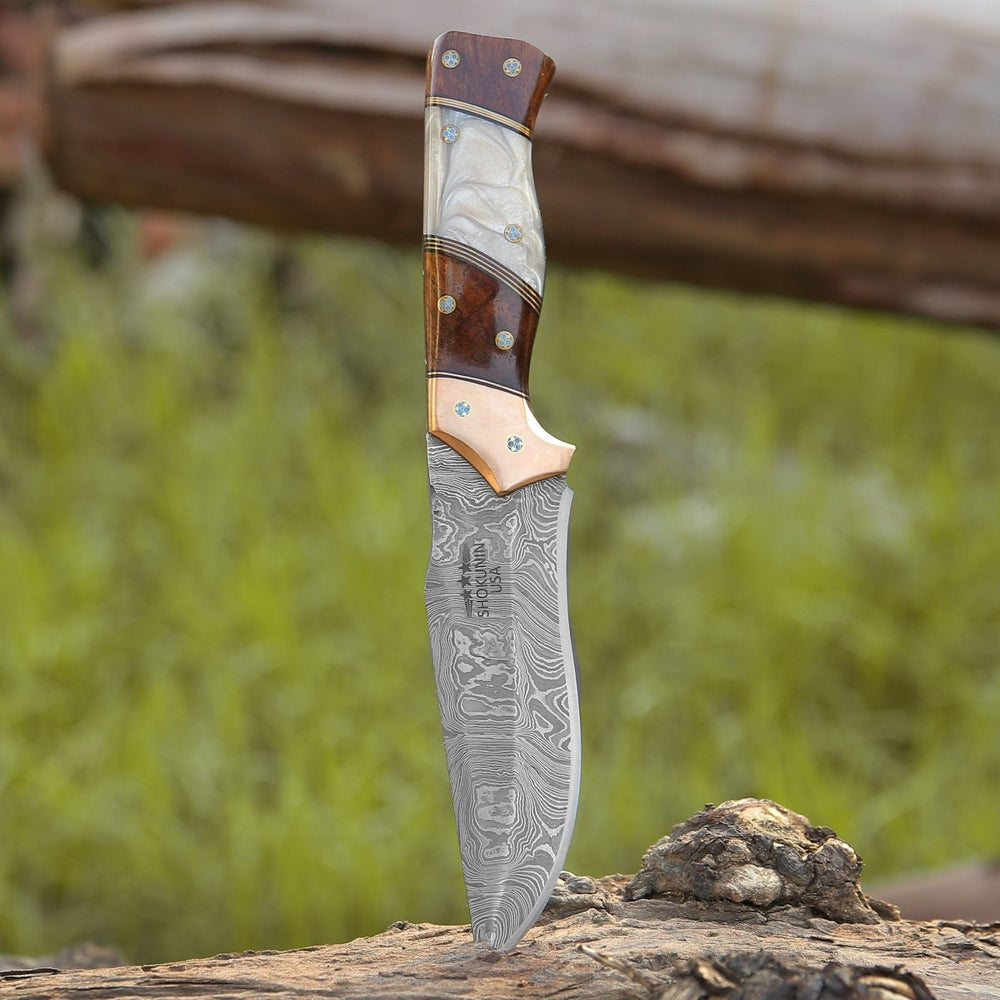Frequently Asked Questions
1. What are the environmental impacts of knife manufacturing?
2. What materials are commonly used in the manufacturing of folding knives?
3. How can knife manufacturers reduce their energy consumption?
4. What strategies can be implemented to manage water usage in knife production?
5. How can consumers promote sustainability in the knife industry?
The world of knives is as diverse as it is essential. From kitchen cutlery to outdoor adventure tools, knives serve a multitude of purposes. However, an often-overlooked aspect of knife production is its environmental impact. In this blog post, we will delve into how the manufacturing process of knives—specifically folding knives—affects our planet. We will also explore the sustainable practices that can mitigate these environmental effects, enabling a more eco-conscious approach to knife ownership and production.
Knife Manufacturing: A Brief Overview
Knife manufacturing typically involves several stages, including design, material selection, forging, heat treating, and finishing. Each of these stages has its unique environmental footprint. Understanding these stages is crucial to grasp the impact that folding knives and other types of knives have on our environment.
Raw Materials
The first step in manufacturing folding knives is the selection of raw materials. Common materials include:
- Stainless steel
- Carbon steel
- Wood for handles
- Plastic or synthetic materials
While stainless steel and carbon steel are durable and offer excellent performance characteristics, their production process is energy-intensive and contributes significantly to carbon emissions. Furthermore, the sourcing of wood for handles raises concerns about deforestation and habitat loss, especially if not sourced sustainably.
Energy Consumption in Knife Manufacturing
The manufacturing process requires substantial energy, primarily from fossil fuels, which increases greenhouse gas emissions. As traditional energy sources provide the majority of this power, the knife production industry has a significant carbon footprint. Reducing energy consumption during the manufacturing process can mitigate the environmental impact.
Innovations in Energy Efficiency
Fortunately, many manufacturers are investing in energy-efficient technologies and renewable energy sources. Techniques such as:
- Utilizing electric or gas-fired forges
- Implementing energy recovery systems
- Employing energy-efficient machinery
These advancements are helping to reduce overall energy consumption in the production of folding knives. It's essential for manufacturers to continually seek and adopt these innovative solutions to lessen their environmental impact.
Water Usage and Pollution Concerns
The knife manufacturing process also poses water-related challenges. High water consumption is necessary for cooling tools, treating metals, and cleaning products. Unfortunately, this leads to water pollution, as chemicals and contaminants from the manufacturing process can leach into local waterways.
Water Management Strategies
To address these issues, manufacturers are adopting water management strategies, including:
- Closed-loop water systems to recycle water
- Using eco-friendly cleaning agents
- Regular monitoring of water quality to ensure compliance with environmental standards
Implementing these strategies helps to minimize water waste and reduces pollution, contributing to a more sustainable knife industry.
Waste Generation in Knife Production
Like many manufacturing processes, knife production generates waste. Metal scraps, offcuts, and packaging materials all contribute to landfill accumulation. The challenge lies in effectively managing or reducing this waste to lessen the environmental impact further.
Strategies for Waste Reduction
Effective waste management can involve:
- Recycling metal scraps for reuse
- Using biodegradable or recyclable packaging materials
- Implementing a “zero-waste” philosophy in production
By embracing waste reduction strategies, manufacturers can both enhance their sustainability credentials and improve efficiency, ultimately benefiting the environment.
Sourcing and Sustainable Practices
One of the most significant aspects of reducing the environmental impact of folding knives lies in sourcing materials responsibly. Sustainable practices can ensure that raw materials are procured in a way that protects ecosystems and biodiversity.
Examples of Sustainable Sourcing
Manufacturers can consider the following practices:
- Sourcing steel from suppliers who engage in sustainable mining
- Using certified wood from sustainably managed forests
- Supporting recycling initiatives for materials used in knife production
These practices not only lessen the ecological footprint but also resonate with environmentally conscious consumers, further promoting sustainable knife manufacturing.
The Role of Consumers in Promoting Sustainability
Consumers also hold significant power in influencing the knife industry towards more sustainable practices. By making informed choices regarding the purchase of folding knives, consumers can help drive demand for eco-friendly products.
Tips for Eco-Conscious Knife Buyers
Here are some tips for consumers looking to make a difference:
- Research brands that prioritize sustainability in their manufacturing processes
- Support local artisans who use responsible practices
- Choose high-quality knives that will last longer and reduce the need for frequent replacements
Being a mindful consumer can significantly impact the knife industry, pushing manufacturers to adopt more sustainable practices.
Conclusion: A Sharp Future Awaits
The environmental impact of knife manufacturing, particularly folding knives, is a multidimensional issue that warrants attention. By understanding the production process and advocating for sustainable practices, both manufacturers and consumers can contribute to a greener future. As we continue to explore innovations in production, sourcing, and waste management, it becomes clear that a brighter, more sustainable future for folding knives—and indeed all knives—is achievable. Together, we can forge a path that balances our love for craftsmanship with the need to protect our planet.






























Leave a comment